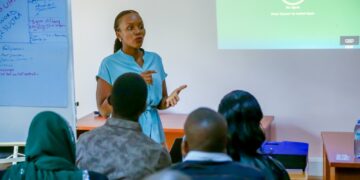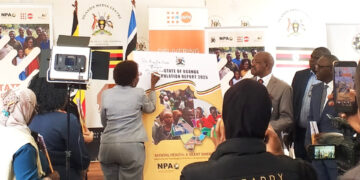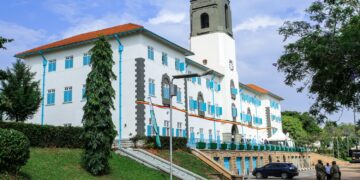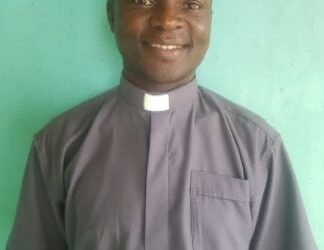By Leonard Kamugisha Akida,
KINSASHA
The governments of the Democratic Republic of Congo (DRC) and the republic of Uganda have mutually agreed to remove entry Visa to facilitate free movement of people and their goods.
This was at the 8th session of joint permanent commission between the two states held in Kinsasha between 12-14 October, 2023.
In a joint document signed by representatives of either parties, the removal is on reciprocal bases. This means that Ugandans visiting DRC and Congolese coming to Uganda will no longer need to pay for VISAs but to use National Identity Cards.
At the close of last year, President Museveni asked Ugandan officials to stop asking for visas from Congolese citizens entering the country.

“Crossing in East Africa should be cost-free. You pay for a visa when going to America, or Europe, but a visa to DR Congo?! That is rubbish. If that is the case, I have removed it,” Museveni told a gathering at Mpondwe in December 2022, after commissioning the Mpondwe-Lhubiriha Border Export Zone and Mpondwe One Stop Border Post in Kasese district.
This was after locals complained that they were being overcharged, Ush10,000 ($2.68) to go to DRC and the same amount for Congolese citizens entering Uganda.
Small-scale traders complained that they pay $100 (Ush373,000) on a single-entry visa for 30 days plus an additional $45 (Ush167,850) airport which barricades trade, reduce competitiveness between the two countries.
During the session, the delegation discussed corporation in the fields of trade, taxation, customs, transportation, telecommunications, industry, pollution control in border zones, construction of power lines and roads between two countries among other bi-literal and infrastructure developments.
H.E Antipas Mbusa Nyamwisi, the minister of state for regional integration in the DRC government condemned acts of terrorism that caused to the death of hundreds of thousand people in Eastern DRC and the painful attack on Lubhiriha Secondary School in Mpondwe Kasese by the alleged ADF terror groups.

Nyamwisi called for strengthening of fraternal relations between Ugandans and the Congolese and expressed governments’ willingness to revitalize the economic, commercial, cultural and security ties that link the two countries.
On the other hand, the first deputy Prime Minister, Rt Hon. Rabbeca Kadaga who led the Ugandan delegation to Kinsasha hailed Congolese government under the presidency of H.E Felix Antoine Tshisekedi Tshilombo for creating stability in DRC and the great lakes region. Kadaga who also doubles as the minister of East African Community Affairs in Uganda further acknowledged the achievements of president during his term as head of the African Union showering praises at the hospitality given to the Ugandan delegation to the 8th ordinary session of the joint permanent commission in Kinsasha.

The delegation also signed a Memorandum of Understanding (MoU) on the roadmap for implementation of all the 7th Joint Permanent Commission decisions on customs and trade.
It was also agreed upon for the two parties to set up a joint follow up committee with in 3 months to implement recommendations arising from the 8th joint permanent commission and the committee was ordered to make quarterly progress report. The two parties will again meet at the 9th session of joint permanent commission which will be held in Kampala Uganda at a date to be set and communicated via the diplomatic channels.








































